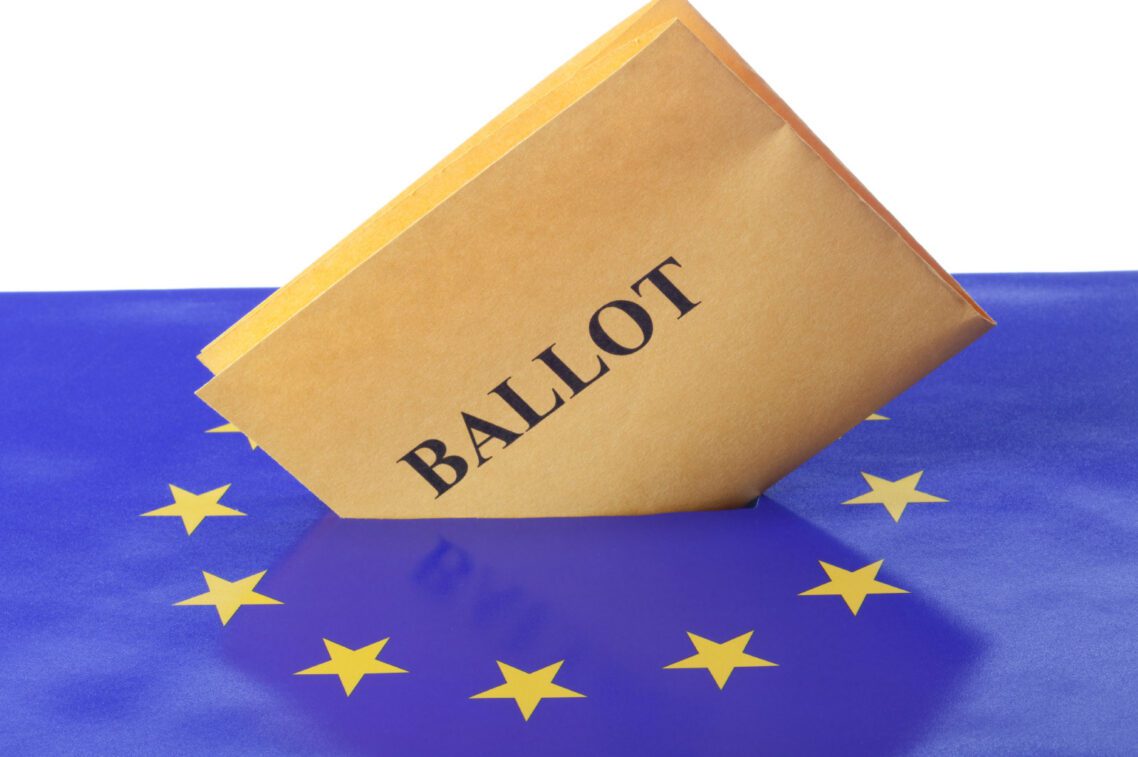So the starting gun for the EU Referendum has been fired, and for the next 4 months it’s going to dominate the political discourse.
So what does that mean for campaigners? Here are a few initial thoughts.
It’ll shape all political decisions – I’ve highlighted the comment from Tim Montgomery below before, but I think it’s really pertinent and worth every campaigner thinking about.
This government is behaving differently because the outcome of the In/Out referendum (likely to be held in June 2016) may well determine David Cameron’s place in history and is uppermost in his mind. He risks Britain’s membership of the EU if he’s an unpopular mid-term prime minister at the time he is recommending Britain should vote to “remain” (as he certainly will). I underestimated Downing Street’s determination to organise everything in terms of avoiding Brexit. The go-slow on cuts, the living wage announcement, the retreat on tax credits, the extra money for defence… this pre-referendum behaviour is pretty boilerplate pre-election behaviour.
As Tim says the Government are going to want to go into the Referendum looking like they’re in step with the public mood. What does that mean for your campaign, does it provide new opportunities to push, or should you be prepared for an unexpected announcement? Also, now that Cabinet Members have come out for and against the deal what will that do the dynamics of the Cabinet will it effectively mean more briefing against each other?
Prepare if you get caught in the crossfire – Many campaigners will chose not to get engaged in the Referendum, but that doesn’t mean that you’ll be immune to the Referendum. My work is on international development and I can already see how the ‘out’ campaign might choose to use that issue to demonstrate another reason we should leave the EU. I’m sure lots of other examples exist in other areas as well, basically any issue where the EU has some involvement. Scenario planning and preparation is essential.
See which messengers get cut through – The anti-politics/anti-elite mood that seems to be engulfing the country mean that I think, that while we’ll see a lot of them, it’s unlikely that politicians will be those who deliver the most convincing messages (see the YouGov Tracker to see why George Galloway was a spectacularly bad idea to use at the Grassroots Out rally on Friday). This is particularly a challenge for the ‘Remain’ campaign, with it focus on a message that staying in is good for both economic and national security, need to find credible alternative messengers to motivate people to get out to vote to stay. Look out for who are the messengers who do get cut through – there might be some good learning in here for your campaign.
Watch out for the grassroots interest groups – To counter the ‘politician’ problem that both sides have, we’re already starting to see an emergence of grassroots groups to amplify the voices of different interests (see this list of some of the pro EU groups emerging – I think Football Fans 4 EU is my favourite so far). These groups are presumably aimed at making the case for different issues and engaging specific audiences to vote. It’ll interesting to see if the most vocal manage to cut through. One of the things I’ve already liked about US election is the emergence of grassroots interest groups, but it’s not really a trend that seems to have caught on this side of the Atlantic. Perhaps the Referendum will change that.
Lookout for innovation in campaigning tactics – To be honest, I’ve not seen very much of this from either the Remain or Leave campaigns so far. It seems that they’re both deploying a fairly standard field operation which combines phone calling (and the US primary elections have shown how hard it’s becoming to reach people) and street stalls, with some interesting social media content – which often ends up in an echo chamber of those who’ve already decided what they think. But keep an eye on what the Remain campaign does, it’s got some smart people working on it and has the bigger challenge on its hands, to motivate those who are instinctively ‘in’ but perhaps don’t have the same motivation to get out to vote as the ‘out’ campaign does.
Understand what you can and can’t do – Lots of the rules for how the specifics of this referendum will be run still don’t exist, but in CC9 we already have general guidance about what Charities can and can’t do around a Referendum. In short the guidance says that ‘The principles that govern political activity by charities also apply to referendums. This means that, depending on the nature of the referendum issue or question, there may be some circumstances in which it is appropriate for a charity to set out the pros and cons of a yes or no vote for their beneficiaries’. It also goes into more detail about when it might be appropriate to take a specific position around the referendum when a charity thinks it will directly affect the work they do. NCVO is holding a breakfast briefing on Friday for anyone interested in this.
Think about what happens with a Brexit – While negotiating the details of a Brexit will be protracted, it’s worth starting to scenario plan what that could mean for your work. What routes to influence it’d open up or close down. How would your strategy have to change?
Did you know you can sign up to get new posts delivered direct to your inbox? Subscribe here.
